"With the development of AI, the dream of researchers has never been closer to reality. With a simulated agriculture , we have many opportunities to explore the great potential of the Mekong Delta."
The above comment was affirmed by Mr. Tran Kim Chung, Chairman of CT Group Corporation at the National Digital Copy Scientific Conference - technological breakthrough for smart agriculture in the Mekong Delta, organized by CT Group Corporation and Can Tho University on September 9.
Mr. Chung said that CT Group has developed national digital twin technology (DT15). DT15 is a collection of about 300 different real-time information data sources (including from state agencies), divided into 15 layers.
These 15 layers are synchronized together based on unmanned aerial vehicle (UAV) technologies combined with AI, IoT, Robotics, biotechnology, big data technology and renewable energy technologies.
From there, about 250 different applications were created, with outstanding features for many industries and fields. For smart agriculture alone, the national digital twin contributed about 36 applications.
"On a plot of land or on a completely real field with geographic, hydrological, soil, crop, water data,... we can test many different farming models, polyculture, monoculture, intensive farming and on different ecological balance systems. As well as many different varieties and chemicals," said Mr. Chung.
Farmers approach DT15 like playing a game about smart agriculture, every day they play different model experiments on their own fields. And they can control all the vehicles on DT15. They can even do aquaculture, they can try different models.
In addition, DT15 also helps shorten the space and time between producers, users and distributors. For example, a housewife or a store owner in the US can track their gardens, which gardens their plants often come from. Then they can go online to that rice field to see the health of the rice plants, predict the quality of the harvest and biological legal indicators without having to go to Vietnam.
Vietnamese exporters were then also confident in signing pre-sale contracts because they had forecasted crop yields relatively accurately.
Thanks to that, agriculture can develop in a precise direction, reduce ecological imbalance, save labor, limit toxic chemicals, control microorganisms and prevent land degradation and erosion.
Speaking further with reporters on the sidelines of the workshop, Mr. Chung stated that Vietnam is currently completing three axes of digital transformation. The first axis is space. The second axis is organization. The third axis is territory, including forests, mountains, cities, rivers, plains and space...
The national digital twin is the third pillar of the national digital transformation process, and this is the most difficult and largest pillar. This platform integrates many core technologies such as artificial intelligence (AI), IoT, remote sensing and other emerging technologies.
Globally , China is currently leading the research on digital twins in agriculture, focusing on Precision farming, IoT and smart agricultural machinery. In South Korea, digital twins have been developed strongly in urban and industrial areas, while smart agriculture is still in the experimental stage, on a small scale. The main applications are greenhouse simulation, crop management, irrigation and climate.
In the US, digital twins in agriculture have gone beyond the idea stage and are being strongly piloted in precision agriculture thanks to the combination of university presidents, technology corporations and the government.
Therefore, the national digital twin is expected to be like a "magic wand" to promote breakthrough development in many different industries, especially smart agriculture on a completely new scale, helping to reduce input costs and increase productivity dozens of times.
According to Associate Professor Dr. Tran Trung Tinh, Rector of Can Tho University, agriculture is one of the important pillars for stabilizing and developing the country's socio-economy, especially in the context of global integration and competition.
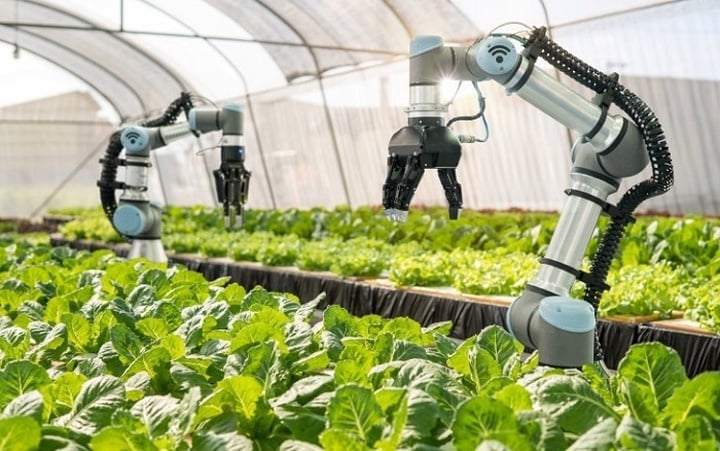
Illustration photo. Source: Internet.
However, the Mekong Delta is facing unprecedented challenges, such as serious impacts from climate change, increasingly complex drought and salinity, and degradation of arable land.
According to him, the traditional agricultural production model has revealed a number of limitations and is no longer strong enough to meet the urgent requirements of food security, sustainable development, and value addition in the global supply chain, increasing industry competitiveness.
In this context, the development of smart agriculture is not only an inevitable trend, but also a strategic solution to ensure a safe and sustainable food supply, effectively adapt to climate change and improve international competitiveness. This is the inevitable path for the Mekong Delta to maximize its potential and make a worthy contribution to the overall development of the country.
Sharing the same view, Associate Professor Dr. Le Van Vang, Principal of the College of Agriculture, Can Tho University, said that information technology and artificial intelligence (AI) are mandatory technologies in smart agricultural production. Without information technology, it will be difficult to effectively implement smart agriculture.
"Smart agriculture increases production efficiency, reduces labor force, and adapts well to climate change. However, this model requires highly skilled labor and is not suitable for small-scale production conditions. Investment costs are very high, so it requires the participation of the State or enterprises," Associate Professor Dr. Le Van Vang emphasized.
Source: https://mst.gov.vn/cong-nghe-moi-dang-dinh-hinh-lai-cach-lam-nong-nghiep-thong-minh-197251119082409664.htm


![[Photo] Lam Dong: Panoramic view of Lien Khuong waterfall rolling like never before](/_next/image?url=https%3A%2F%2Fvphoto.vietnam.vn%2Fthumb%2F1200x675%2Fvietnam%2Fresource%2FIMAGE%2F2025%2F11%2F20%2F1763633331783_lk7-jpg.webp&w=3840&q=75)

![[Photo] President Luong Cuong receives President of the Senate of the Czech Republic Milos Vystrcil](/_next/image?url=https%3A%2F%2Fvphoto.vietnam.vn%2Fthumb%2F1200x675%2Fvietnam%2Fresource%2FIMAGE%2F2025%2F11%2F20%2F1763629737266_ndo_br_1-jpg.webp&w=3840&q=75)


![[Photo] National Assembly Chairman Tran Thanh Man holds talks with South Korean National Assembly Chairman Woo Won Shik](/_next/image?url=https%3A%2F%2Fvphoto.vietnam.vn%2Fthumb%2F1200x675%2Fvietnam%2Fresource%2FIMAGE%2F2025%2F11%2F20%2F1763629724919_hq-5175-jpg.webp&w=3840&q=75)
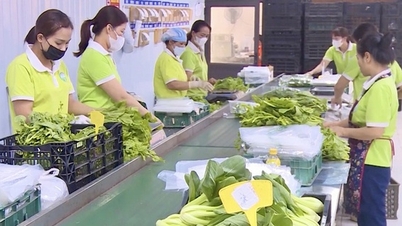
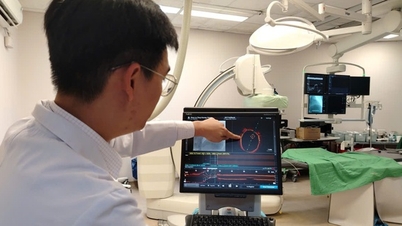





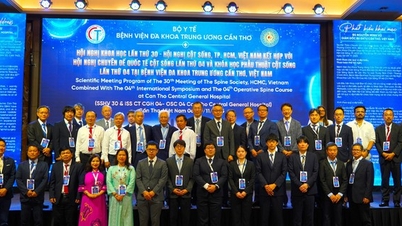
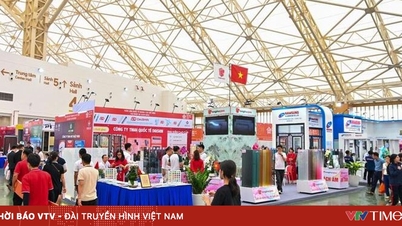

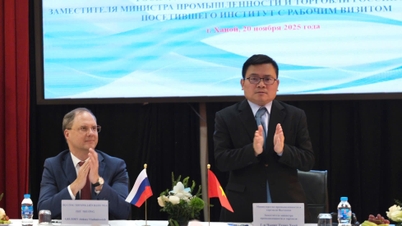

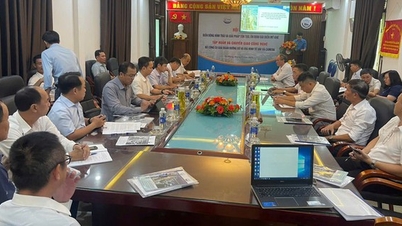
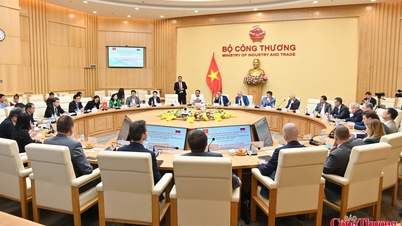


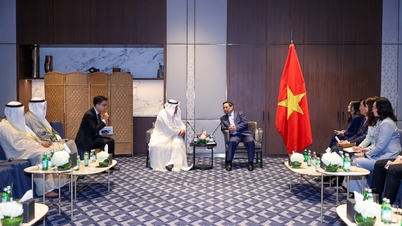
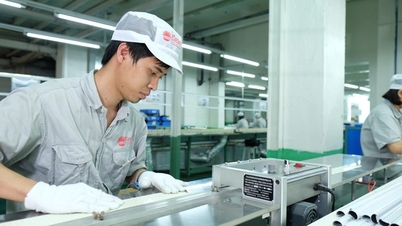




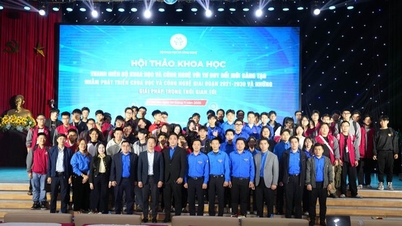
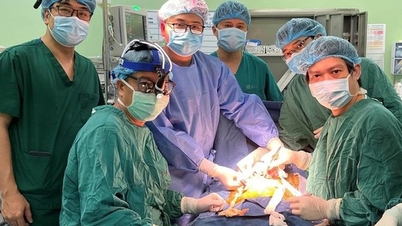
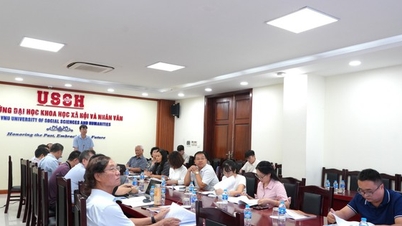
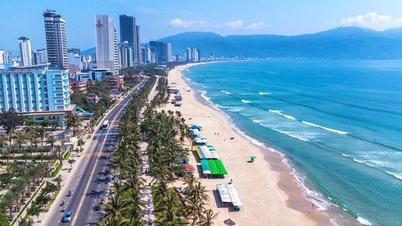
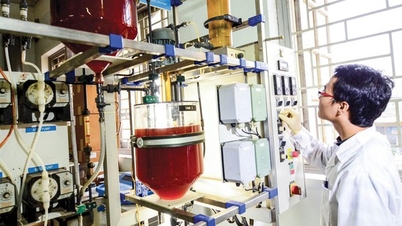
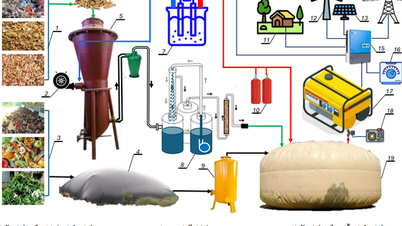











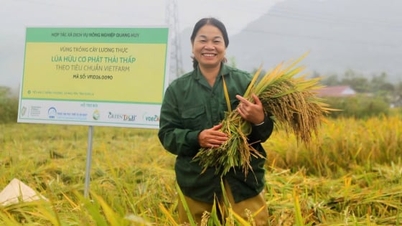


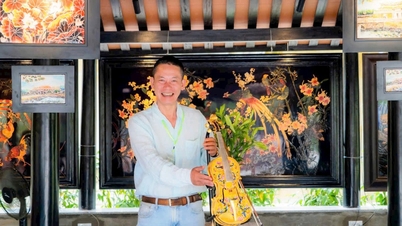

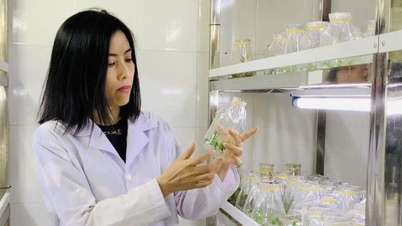

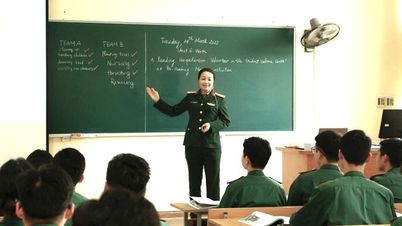



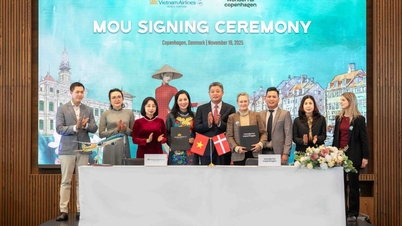

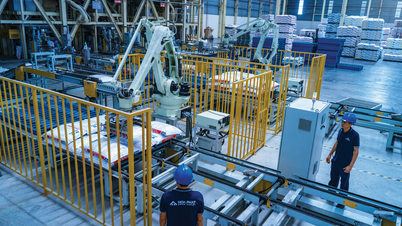

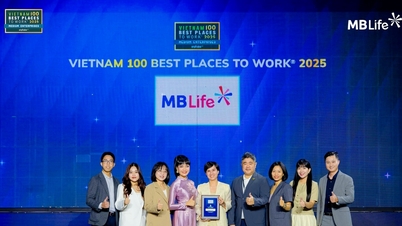

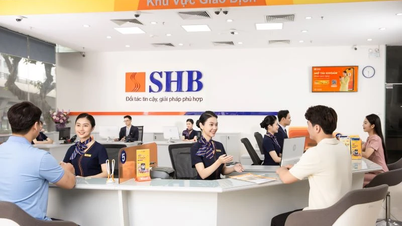









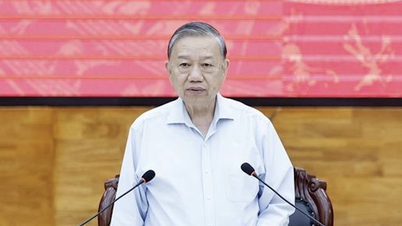


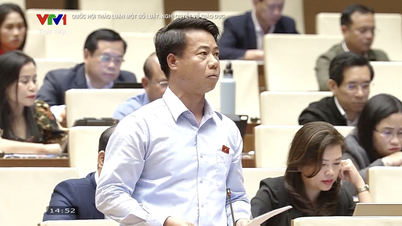





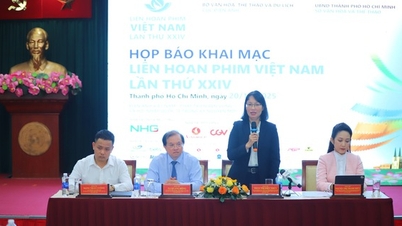
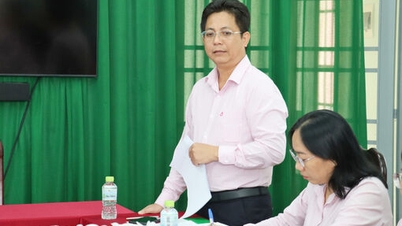

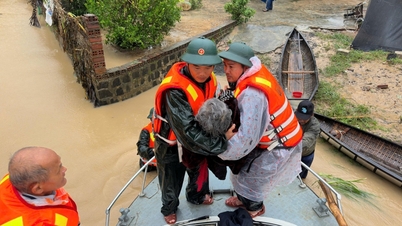

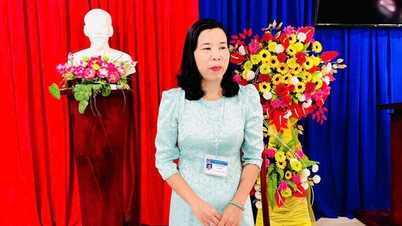
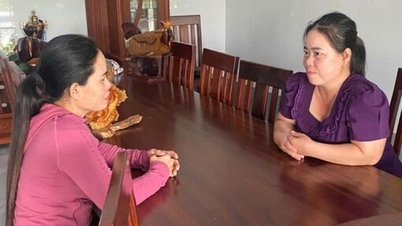
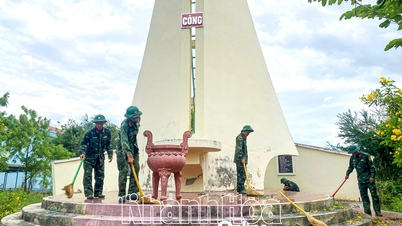

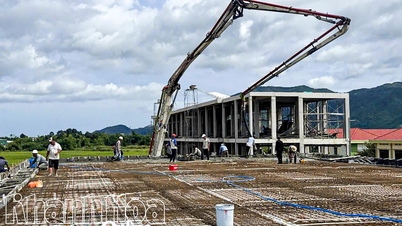


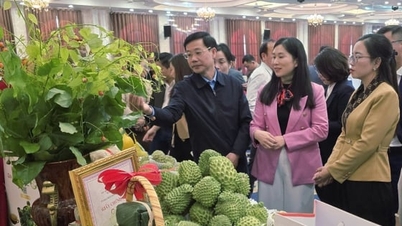









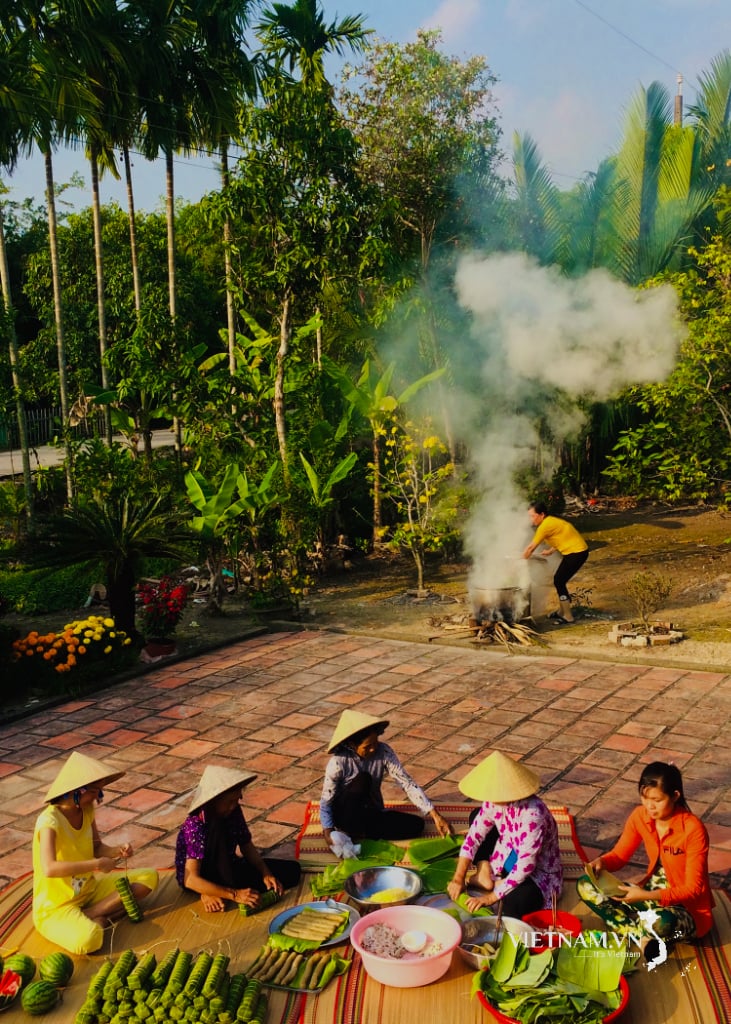

Comment (0)